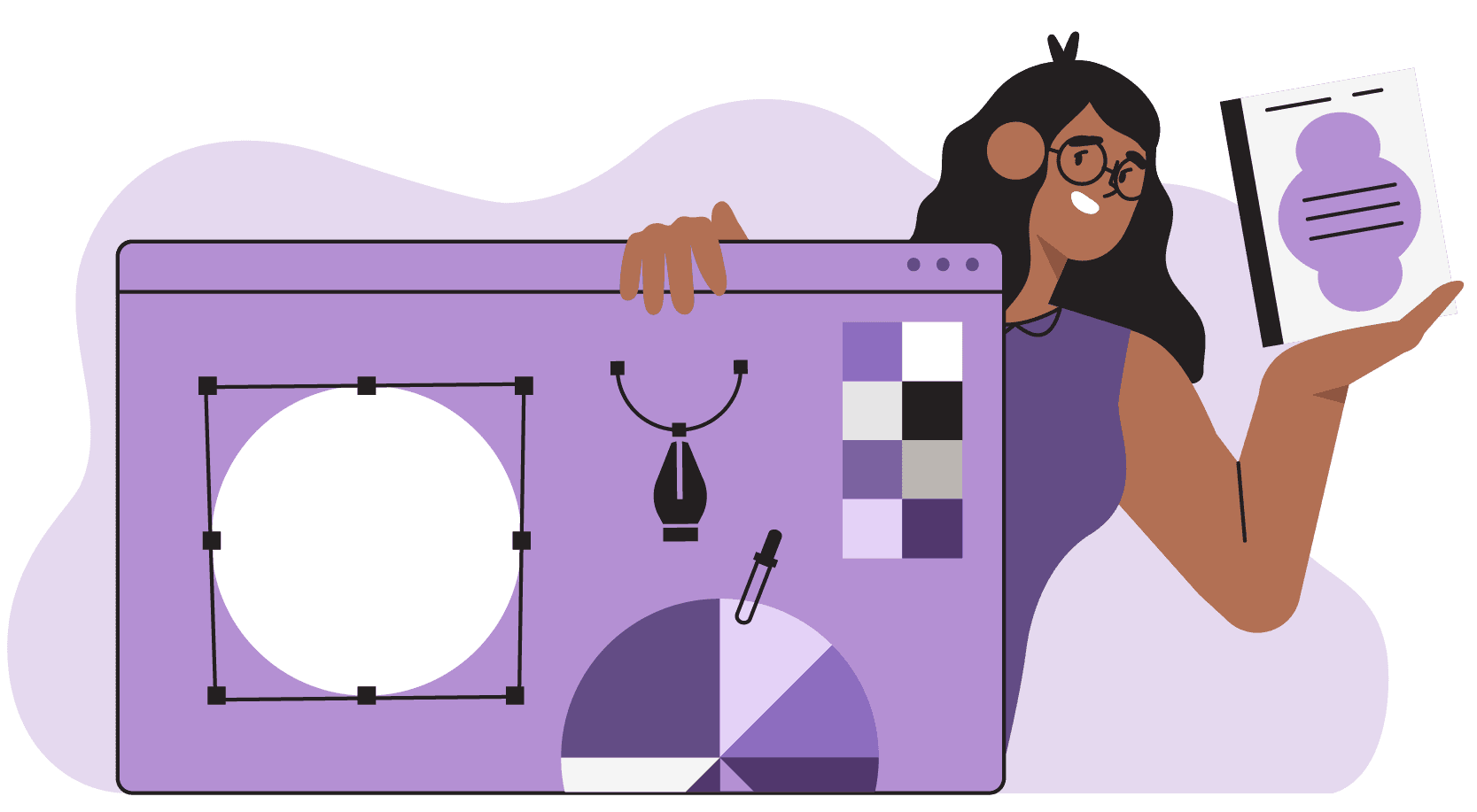Content marketing manager job description
Let’s get real. Job information online can often be overly optimistic — conveniently glossing over the raw bits. But when you’re making decisions about your future, you need all the facts.
That’s why we anonymously surveyed content marketing managers about their job, with hopes of getting an honest insight into what it’s really like.
While we did our best to ensure respondents were Australians and verified their job titles with proof of employment, we can’t guarantee complete accuracy — or that your experiences in the field will reflect theirs. So, we suggest that you take these insights as a guide only and try to talk to people in the field before making an important decision.
Tasks and responsibilities for a content marketing manager
What’s involved in a content marketing manager role? Typical tasks and responsibilities include:
- Creating a content marketing strategy. Who is your target audience? How will you appeal to them? What are the best platforms and media you can use to reach them?
- Creating different types of content. You’ll make high-quality posts and articles as well as audio, video, and visual content so that your brand speaks to your target audience. This will involve using relevant platforms and software including social media, social media management systems (e.g. Hootsuite), content management systems (e.g. Wordpress) and design programs (e.g. Adobe Creative Cloud Suite).
- Content planning. You’ll figure out when the best time to publish different pieces of content is and develop an editorial calendar.
- Tracking your analytics. You’ll track metrics including number of views, comments, likes, and shares through social media platforms and Google Analytics. These analytics allow you to see the effectiveness of your marketing efforts.
- Using your analytics data to improve on your content and understand what content your target audience is interested in.
How to become a content marketing manager
-
Study
There are no specific formal qualifications that are required for you to work as a content marketing manager. That said, people in the industry often hold a degree in a relevant field. As you study, you can also gain hands-on work experience or internships in the marketing field.
-
Gain experience
Potential employers need to see evidence that you can create great content. You can demonstrate your skills by maintaining a blog, podcast, YouTube channel, or similar. You could produce this content to expand your own online presence, or you could volunteer for a charity or local community group.
Pathway options
If you’re interested in content marketing management, there are many different career paths open to you.
Junior
-
Content marketing assistant
Most common qualification: Certificate IV in Marketing and Communication (BSB40820)
-
Social media coordinator
Most common qualification: Diploma of Social Media Marketing (10904NAT)
-
Digital marketing assistant
Most common qualification: Certificate IV in Marketing and Communication (BSB40820)
Mid
-
Content specialist
Most common qualification: Diploma of Digital Marketing (10931NAT)
-
Email marketing specialist
Most common qualification: Diploma of Digital Marketing (10931NAT)
-
SEM specialist
Most common qualification: Diploma of Digital Marketing (10931NAT)
-
SEO specialist
Most common qualification: Diploma of Digital Marketing (10931NAT)
-
Social media manager
Most common qualification: Diploma of Social Media Marketing (10904NAT)
Senior
-
Data analyst
Most common qualification: Diploma of Digital Marketing (10931NAT)
-
Digital marketing manager
Most common qualification: Diploma of Digital Marketing (10931NAT)
-
Digital marketing strategist
Most common qualification: Diploma of Digital Marketing (10931NAT)
Explore related qualifications
Degrees relevant to future content marketing managers are available throughout Australia. Delivery can be on-campus online, or a mix of both. Courses cost different amounts depending on the area of study and whether you are eligible for Commonwealth government support.
Certificate IV in Marketing and Communication
A Certificate IV in Marketing and Communication equips you with practical skills in digital marketing, campaign development, and customer engagement. Ideal for those starting out or wanting to upskill, this qualification prepares you for roles such as marketing coordinator, social media assistant, or communications officer.
2 providers offer this course


Diploma of Digital Marketing (10931NAT)
This marketing course will give you a great overview of the fundamentals of digital marketing, including content marketing. You’ll learn how to apply marketing principles in the digital world, develop a marketing strategy, make great marketing content and marketing campaigns, and perform research. You’ll also hone your writing skills.
3 providers offer this course



Related subjects
If you’re interested in content marketing and the wider marketing industry you may also be interested in:
Related articles
Content marketing manager jobs are suited to the career personality of The Coordinator.
Coordinators can organise anything and anyone, no matter how chaotic. Their efficient, logical approach makes them a reassuring presence to others. If you tend to be the kind of person who others depend on, you may be a Coordinator.
Take the Career Quiz to discover what jobs are a great fit for you.































